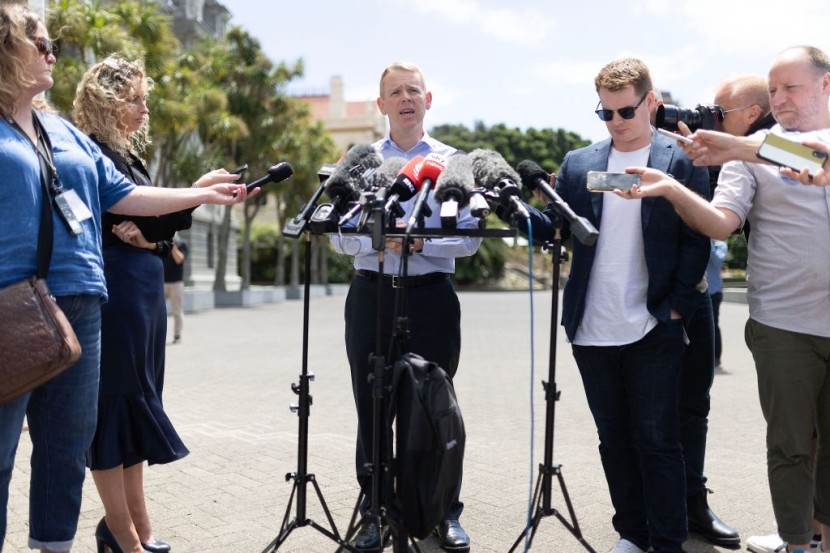New Zealand government will eliminate all remaining COVID-19 rules as of Tuesday at midnight, ending some of the most stringent COVID-19 pandemic regulations ever implemented.
Health minister Ayesha Verrall announced on Monday that starting early Tuesday, patients won't need to wear face masks in medical facilities or remain in isolation for seven days after getting the virus, as reported by Reuters.
New Zealand Reopens Border

Most limitations were lifted last year as vaccination rates rose and the nation's hospitals survived the winter without being overburdened.
Two months before a hotly contested election, the requirement removal was decided. While the New Zealand government's response to the pandemic was praised internationally for reducing infection and mortality rates, it drew criticism at home for the prolonged lockdowns, school closings, and closed borders.
According to Prime Minister Chris Hipkins, the official lifting of restrictions was a "significant milestone."
The Minister of Health still advises people to stay home for five days if they are ill or have tested positive, even though it is no longer required.
New Zealand's COVID-19 Response
Hipkins added that after considering the government's approach to the virus over the course of more than three years, he now found it disappointing after having wished for the day when all limitations would be lifted during the worst of the pandemic.
He claimed that out of a population of 5 million, 3,250 New Zealanders have died from COVID-19 as a primary or secondary cause, which is around one-fifth of the mortality rate in the United States.
Verrall noted that coronavirus hospitalizations and case counts were low and had been declining since June, and that the virus had caused less trouble for the publicly funded health system this winter in the South.
"It has been a long road, however thanks to lots of hard work, New Zealand's Covid-19 approach has moved from an emergency response to sustainable long-term management," Verrall said.
The head of the opposition ACT Party, David Seymour, claimed that the government had been treating citizens like toddlers for far too long.
In March 2020, it shut down its international borders, keeping out many of its own people who couldn't find a hotel room for the required quarantine period.
Between February and the beginning of March of last year, hundreds of people protested on Wellington's parliament grounds in opposition to the strict restrictions and the vaccination requirements for various vital labor sectors.
New Zealand's experience with COVID-19 has shown that it is possible to effectively control the virus with a combination of early action, strict measures, and public compliance. The country's success is a model for other countries that are struggling to contain the virus.
© 2026 HNGN, All rights reserved. Do not reproduce without permission.








